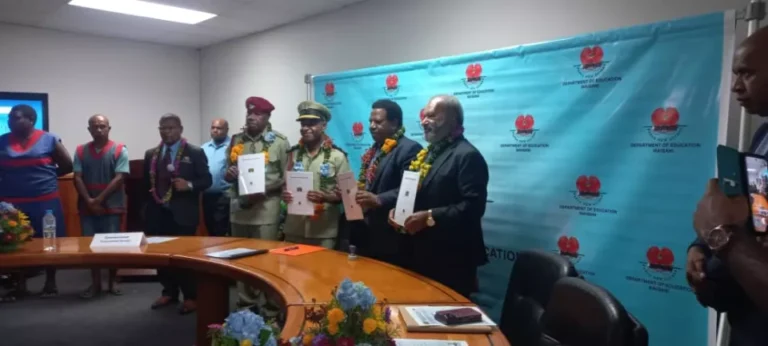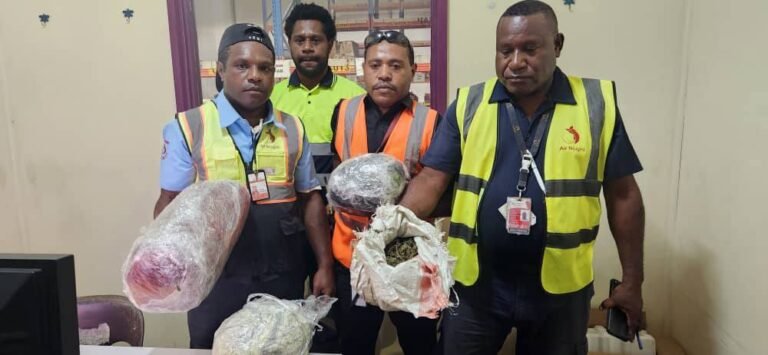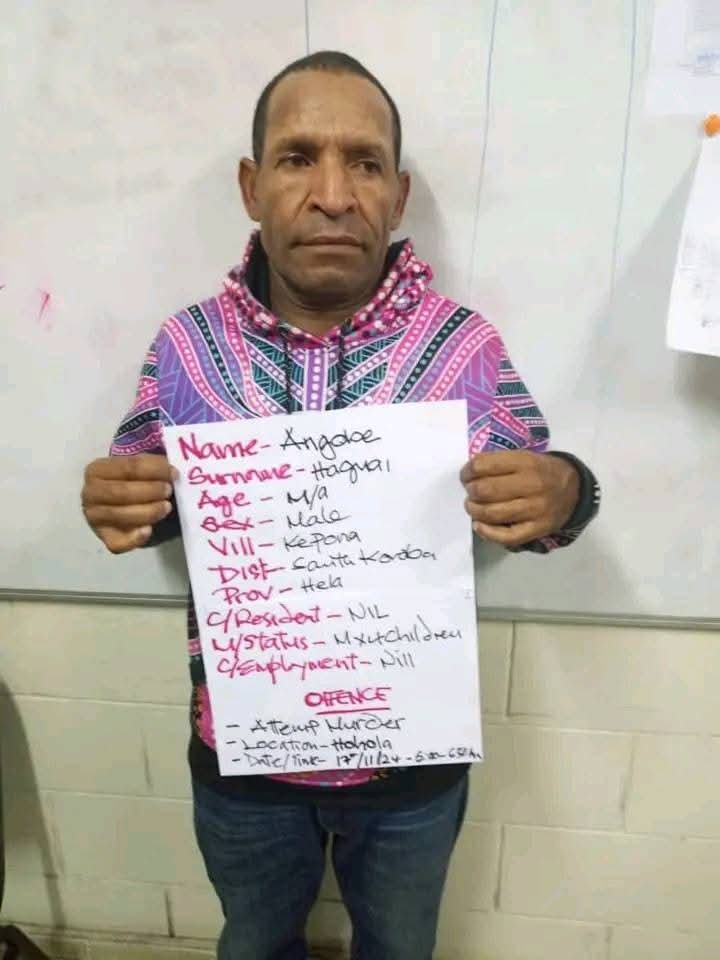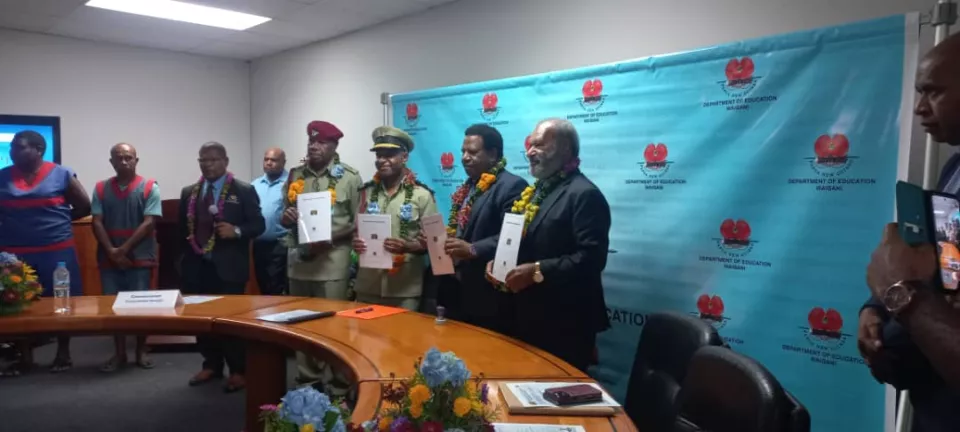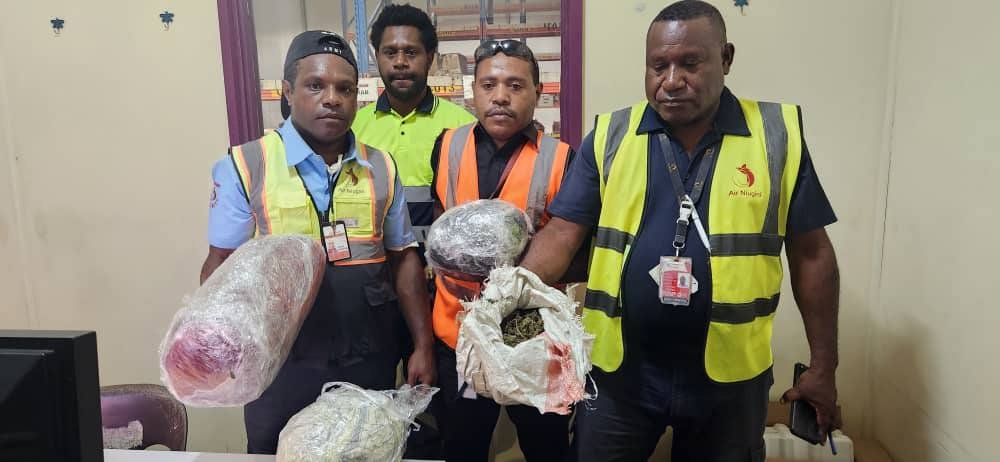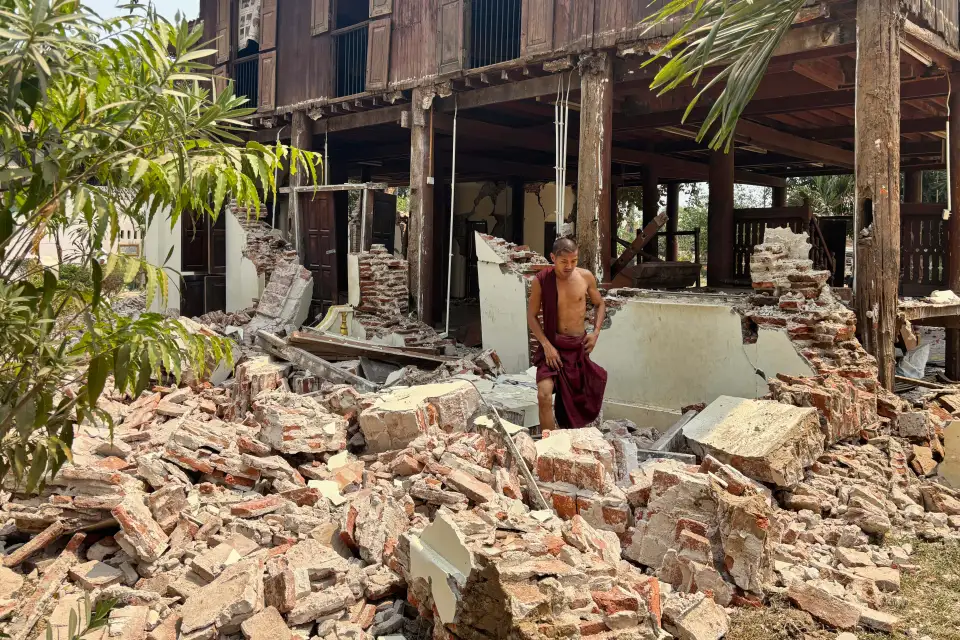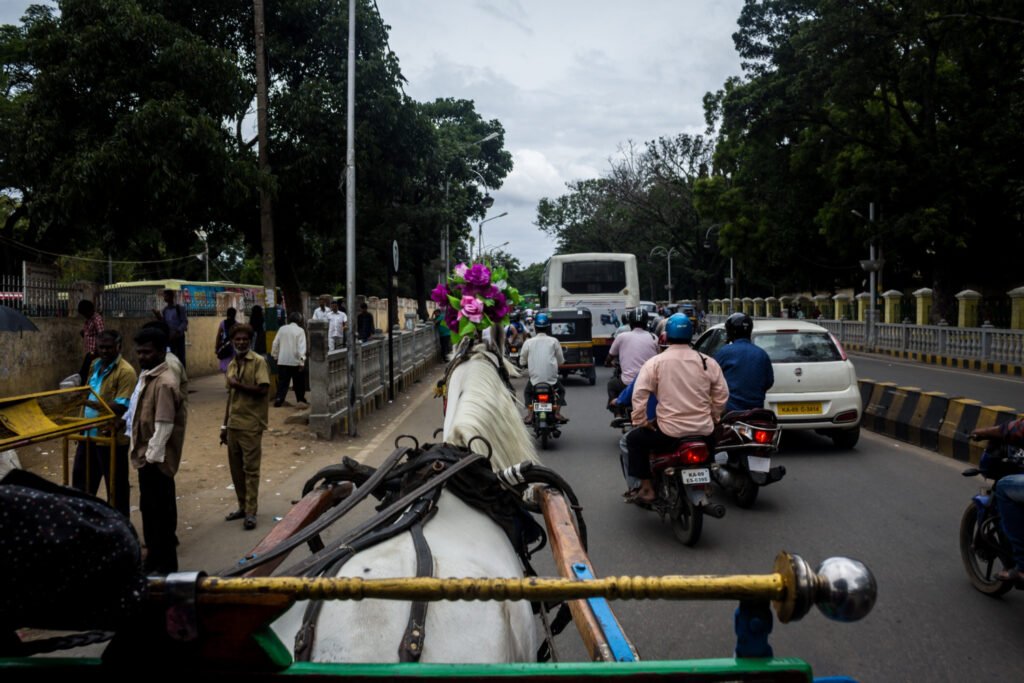More than just a world-famous hiking trail, the Kokoda Track has become a powerful bridge between global visitors and Papua New Guinea’s Indigenous heritage—thanks in large part to the work of the Kokoda Track Foundation (KTF).
As thousands trek the 96-kilometre trail each year in memory of WWII history, a deeper story is also being told: one of cultural survival, community resilience, and responsible tourism that puts landowners and traditional custodians at the heart of the experience.
Tourism with a Purpose
Since its founding, the KTF has worked to ensure that the benefits of tourism extend far beyond campsites and tour operators. Its “Culture First” model ensures that:
- Local knowledge holders guide trekking groups
- Cultural performances and storytelling are led by elders
- Visitors are educated on tribal customs, language, and land stewardship
“Our culture is not just on display—it is being protected and passed down,” says Elder Benedi Tomari of the Koiari people, one of the primary Indigenous groups along the track.
Sustainable Support for Villages
Tourism revenue directly funds school supplies, medical aid, and clean water projects in remote communities along the track. In 2024 alone, KTF reports:
- 80% of porters and support staff were local hires
- 35 cultural leaders received heritage conservation stipends
- 7 community halls were built using eco-friendly materials
By integrating ecotourism and heritage management, the foundation empowers Indigenous people to be both custodians and economic beneficiaries of their land.
Preserving Language and Custom
Through its Tok Ples Literacy Project, the foundation supports classroom instruction in local languages such as Koiari and Orokaiva, while also documenting oral histories and spiritual traditions that risk fading with each generation.
“If the Kokoda Track is sacred to Australians for its war history, it must also be sacred to Papua New Guineans for the stories that came before and after,” says KTF Heritage Program Officer Leoni Kave.
Eco-Conscious Trekking
In partnership with PNG’s Conservation and Environment Protection Authority (CEPA), KTF enforces guidelines that minimize the environmental impact of trekkers:
- Pack-in, pack-out waste rules
- Reusable gear programs for porters
- Trail repair teams trained in erosion prevention
This approach not only protects fragile forest ecosystems but reinforces local teachings about respect for nature as ancestral land.
Future-Focused Tourism
Looking ahead, the Kokoda Track Foundation is exploring:
- Digital tour supplements that highlight Indigenous stories
- Youth ranger training programs to develop new cultural guides
- Collaborations with Indigenous artists and craftspeople to offer locally made souvenirs rooted in cultural authenticity
As global travellers seek more meaningful and ethical experiences, PNG’s Kokoda Track offers a rare path forward: one where culture is not commodified, but celebrated, shared, and safeguarded.





